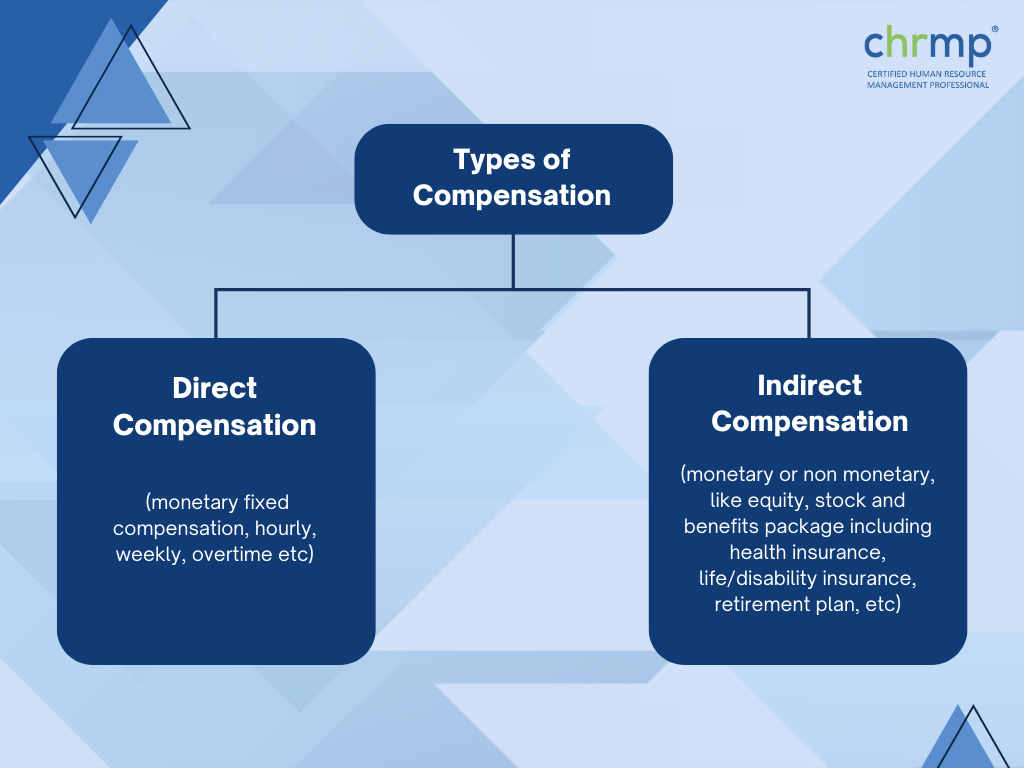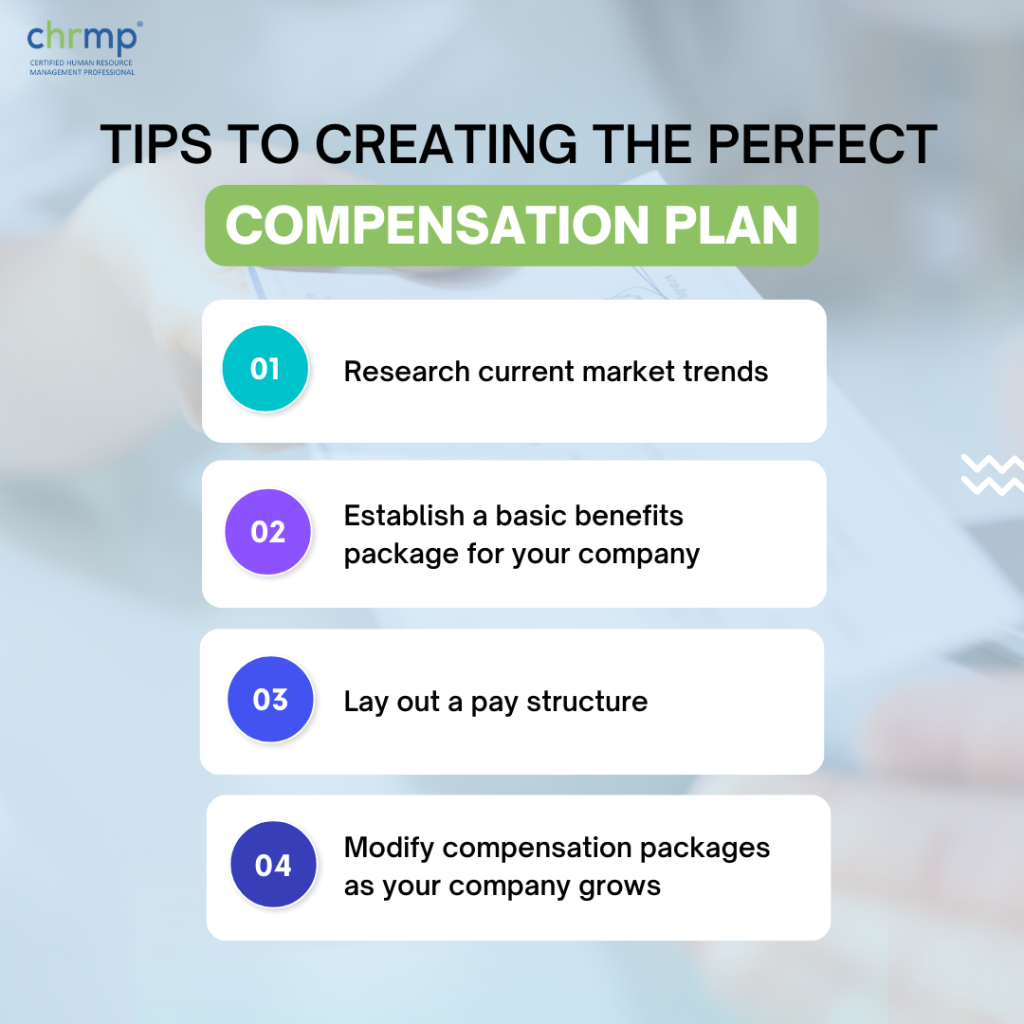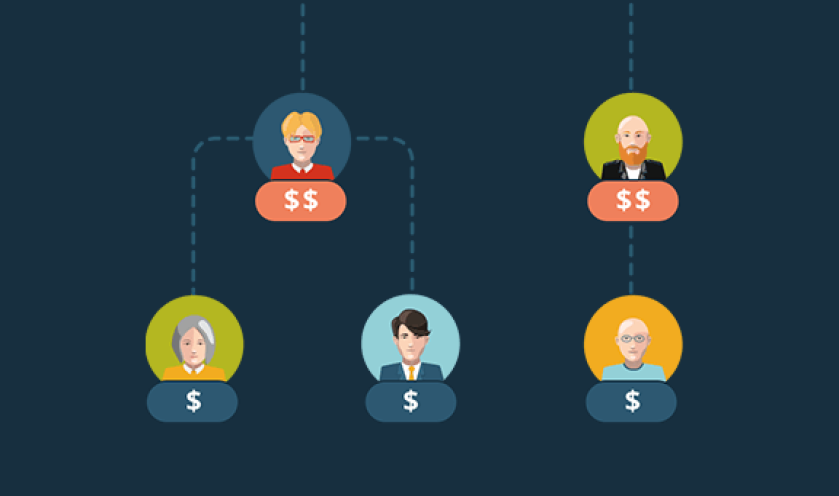

Do you feel as though your employees are unhappy at work? Or are you losing your employees in droves? If so, then an inadequate or outdated compensation package might be the culprit.
Employee compensation is a vital aspect of building a productive workforce.
Recruiting talented and loyal employees while ensuring retention sits at the top of the priority list of every company’s human resource department. And when it comes to compensating your employees fairly, you can’t just wing it and cross your fingers to make it work. Compensation packages that include competitive pay and benefits can help to attract and retain top talent.
Fair compensation is important if you don’t want your best employees to start looking for better options elsewhere; and this blog will help you understand how fair compensation assists a company achieve success.
Let’s get started.
Compensation refers to the cash rewards given to employees in exchange for the services they perform. It could be a base salary, wages, bonuses, or commissions. A complete employee compensation plan includes both monetary compensation and other company benefits.
In the words of Principles of Personnel Management author Edwin B. Flippo, “The function of compensation is defined as adequate and equitable remuneration of personnel for their contributions to the organizational objectives.”
Employee compensation is also known as remuneration in some parts of the world. It’s usually one of the leading expenses for companies with employees. Compensation encompasses a variety of other wages and benefits.
A compensation package that offers a competitive edge over other companies is important to build and retaining a happy, productive workforce. Proper compensation positively impacts several aspects of a company, such as employee retention and loyalty, and a boost in productivity. A good compensation package will also give your company an advantage in recruiting top talent.
If you fail to compensate valuable employees for their services to your company, they’ll simply pack up and find an employer who will. It’s that simple—and also that worrisome. Sometimes, an unsatisfactory paycheck might be the reason behind it.
According to a recent report on the ‘great resignation’ of the pandemic era, more than 80% of employees plan to resign over the next few months. Among the respondents, 38% cited the reason as an unsatisfactory paycheck.
The report stated that “a significant talent migration event is imminent,” meaning that significant numbers of talented employees will shift to new companies in search of better compensation benefits. In such a situation, companies, irrespective of their niche, must prepare to deal with the loss of talent as it will only escalate in the future. A competitive compensation plan will come in handy in dealing with the situation.
But, a good compensation package is not just about benefiting employees. Let’s look at some areas where it will help the company as well:
Employee turnover is more than just a waste of time and effort; it’s also a severe blow to the company’s finances. Let’s do the math here for more clarity.
The average cost of hiring each new employee is INR 25,500. Other sectors spend even more on hiring individual employees. Additionally, you’ll need to spend around 6-9 months’ worth of salary during the onboarding and training process.
Seems like the end of it? Definitely not! You’ll also need to consider the cost of leaving that employee’s position unfilled. If the post has the potential to yield profits of even INR 10,000 per month, and you decide to leave the position vacant for, say, seven months, you lose INR 70,000 a year.
Compared to all the added costs discussed above, spending on an extra perk for existing employees to enrich their compensation package seems a better idea, doesn’t it?
Candidates are always looking to put themselves in the best financial position possible. Talented candidates with specialized skills often know their worth and will look for a job that pays accordingly.
Making sure to offer a comparable package to your top hires will help you attract the best candidates for your company. Hiring the right candidate in the first attempt saves money on recruiting and frees up business owners for other tasks.

There are several types of compensation that can be broadly classified into two categories:
Direct compensation comprises monetary/ financial compensation that includes a fixed reward for their services.
Direct compensation comprises financial payments like base salary, hourly/weekly wages and other incentives like commissions, bonuses, and overtime.
Indirect compensation is a non-monetary form of compensation with an indirect monetary value. Employees do not receive indirect compensation in cash.
Employee benefits or job perks are standard terms for indirect compensation. Some examples of indirect compensation include insurance (like health, dental, vision, etc.), paid leave (like vacations, holidays, sick days, etc.), retirement provisions, career development programs, flexible work hours, office snacks, childcare, office cars, parental leave, etc.
While some benefits such as health insurance, parental leave and paid vacation days are required by law due to employment terms, other benefits such as career development programs, flexibility and free snacks are solely based on demonstrating goodwill to employees, building loyalty, and improving retention and productivity.

Most of you must already be aware of the common goals of compensation planning, like paying your employees fairly while staying within the company budget. But having a deeper understanding of how compensation planning affects business outcomes can help you leverage your compensation plan to achieve better results for your company.
Here are some of the goals that compensation planning focuses on:
1.Attract, Recruit And Retain Top Talent:
Attracting highly skilled candidates for your company is a crucial objective of compensation planning. A competitive compensation plan will help attract top talent and ensure that they remain with the company by increasing job satisfaction.
2. Motivate Employees And Maintain Morale:
When employees feel recognized for their contributions to the company and suitably compensated, they feel highly motivated to perform at their best and stay engaged and productive. High motivation levels are vital to retaining a talented workforce and getting the most out of employees while maintaining morale.
3. Adhere To Government Regulations And Company Compensation Philosophy:
Compensation plans must align with the company’s employee compensation philosophy and adhere to federal regulations such as the Equal Remuneration Act. While adhering to standards may complicate your compensation management plan, it will help protect your company from litigation and ensure employee fairness across the organization.

An effective employee compensation plan stands on four foundational components. They are:
1.Minimum Or Base Salary:
A base or minimum salary is a fixed amount paid to employees by their employers in exchange for work. As a result, base salary excludes bonuses, benefits, or other employer-provided compensation. As the name implies, a basic salary is the foundation of an employee’s salary. It is a fixed part of an employee’s compensation structure and is generally determined by their designation.
The frequency must also be considered when determining the base pay amount. Some companies pay weekly, while others pay biweekly or monthly.
2. Incentives:
An incentive is a variable compensation where an employee is offered extra pay in addition to the base salary for their contribution to generating company profits or exceeding performance expectations and goals. Several different incentives include overtime pay, bonuses, commission payment, profit sharing, referral compensation, etc.
3. Perks Or Benefits:
Employee benefits or perks are non-monetary compensation paid to employees. These benefits are provided to employees in addition to their salaries and incentives. They are also referred to as fringe benefits. Some common benefits include health insurance, childcare, travel benefits, etc.
4. Leave or Time-Off:
Time off compensates employees when they are not at work. Most companies require employees to work for the organization for a certain amount of time before they are eligible for this type of compensation. Time off/leave includes paid leave, paid vacation, personal time off, parental leave, sick leave, etc.

Creating the perfect compensation plan that suits all the needs of your company, while ensuring employee satisfaction can seem like a difficult task, but we’re here to help with that. The following tips will prove immensely helpful in creating a seamless compensation plan for your company:
Conduct a thorough market research to gain a fair idea of current trends in the compensation plans offered by top companies in your niche.
As previously discussed, you need to offer a competitive employee compensation plan to attract the talent your company needs. The most effective method is to analyze and research salary data and market surveys — a process commonly known as compensation benchmarking.
You need to consider some elements while researching your industry niche like:
You can choose between salary and hourly wages depending on how you want to compensate your employees.
Your choice will be influenced by factors such as:
Once you have settled on a salary, you must select a competitive benefits package. A well-designed compensation plan should include benefits that motivate employees to deliver at optimum performance levels.
Determine which benefits you want in your compensation plan and ensure they are competitive enough to attract the talent you seek.
Outline whether or not tiers of pay should exist in pay structures for executives and operational employees. It would be best to consider possible tiers within each job classification.

Create pay grades and a salary range to help you categorize job positions. Doing so establishes a compensation framework on which your organization can rely.
Your company’s employee compensation package should keep changing and growing to adapt to the latest trends. Always leave room for growth and modification in your compensation plan to stay relevant in the competitive job market.
What is the difference between employee compensation and employee benefits?
The term ’employee compensation’ refers to the monetary rewards a company gives its employees in exchange for their services. At the same time, ‘benefits’ are added perks that come with the salary package and can be non-monetary or have indirect monetary value (like health insurance or a company car).
Is worker compensation considered an employee benefit?
No, worker compensation is a legal requirement that provides financial coverage to the employee in case of an injury in the workplace. It provides coverage for bodily injuries suffered in the workplace, disability/death, etc.
Is employee compensation the same as salary?
A salary is a fixed amount of money an employee receives over a regular period (monthly, weekly, daily). In contrast, compensation is a broader term that encompasses a salary along with all the added perks and benefits that an employee receives.
Employee compensation is vital for attracting, motivating, and retaining top talent. It encompasses salary, benefits, incentives, and non-monetary rewards.
To create the perfect compensation plan, align it with the organization’s objectives and conduct market research to ensure competitiveness. Customize packages to meet individual needs and regularly review and adjust the plan to stay relevant.
By following these steps, organizations can design a comprehensive compensation plan that attracts and retains employees, fosters motivation, and contributes to overall success.
A well-designed compensation plan not only rewards employees but also drives performance and nurtures a positive work culture.
CHRMP is a leading institution for HR professionals that provides world-class certification courses to help you gain a competitive edge. Are you ready to transform your career and take it to the next level? Enrol with CHRMP today!
© 2007-2025 CHRMP| All Rights Reserved | Powered by Ripples Learning & Research Private Limited
